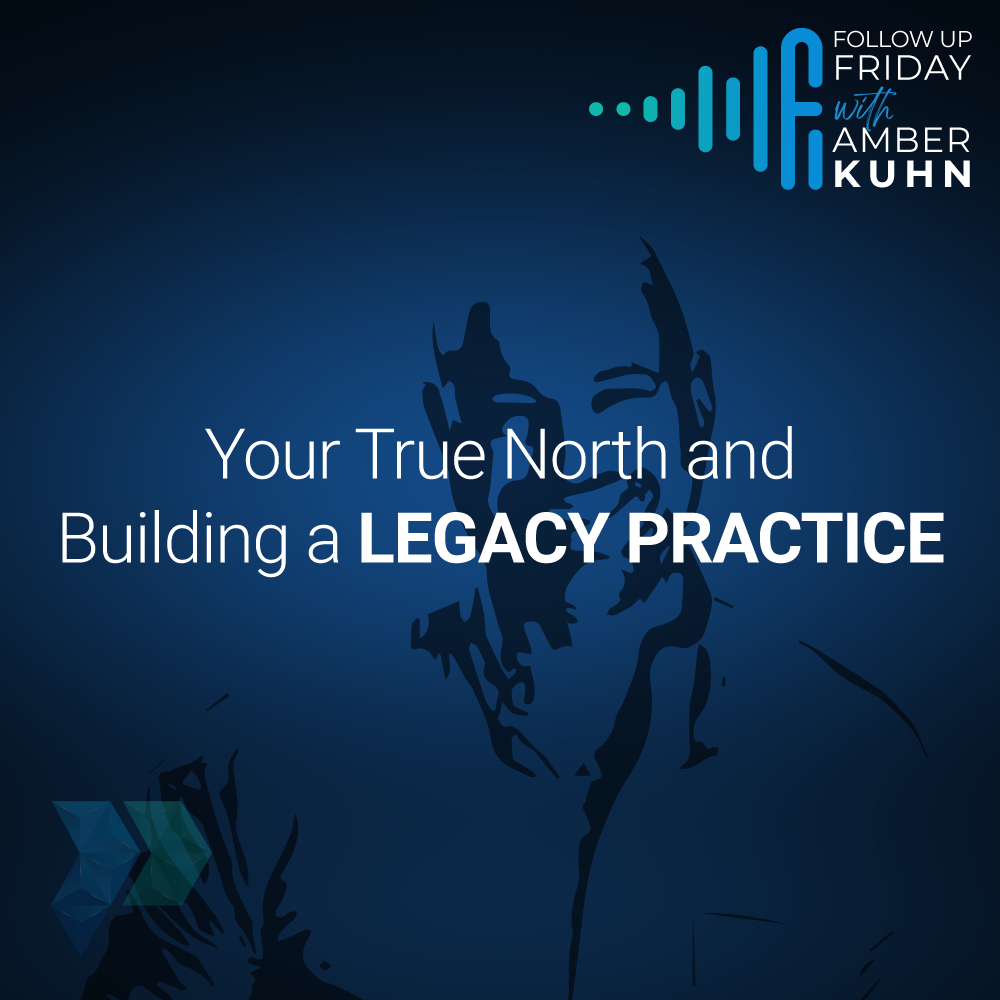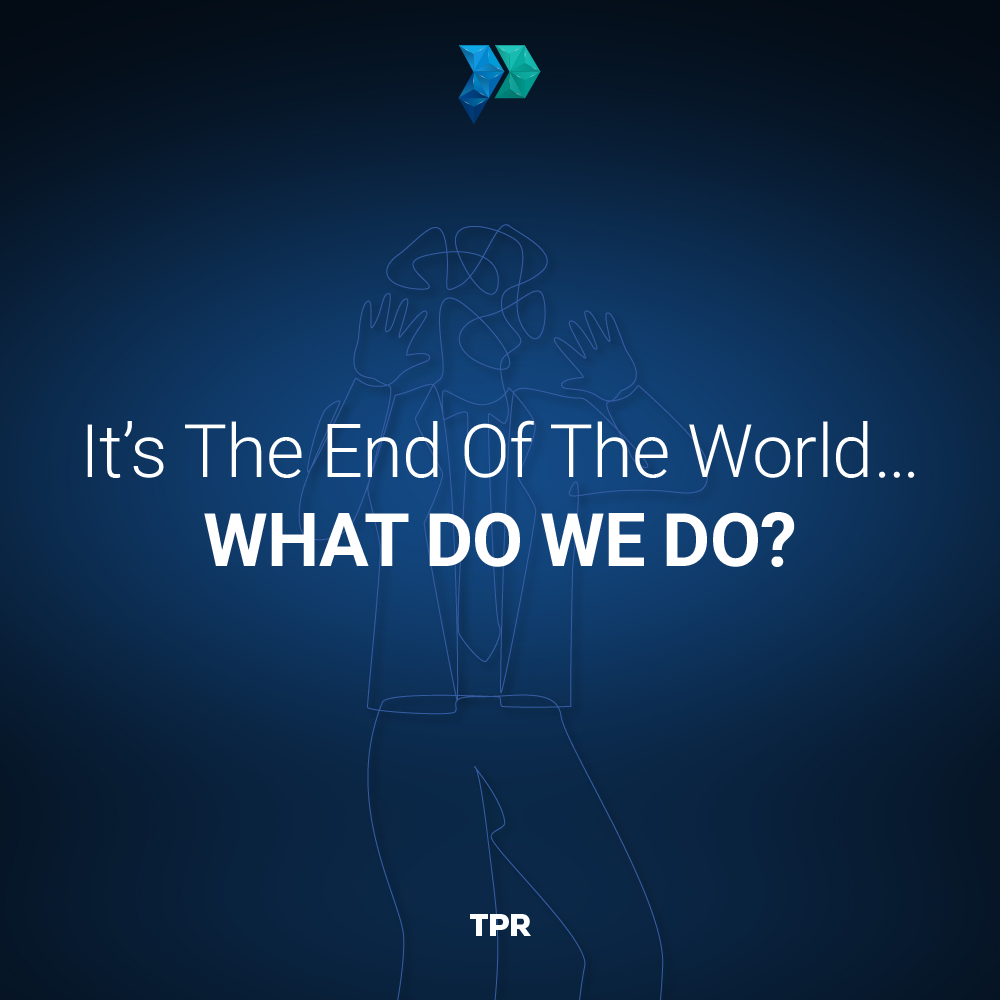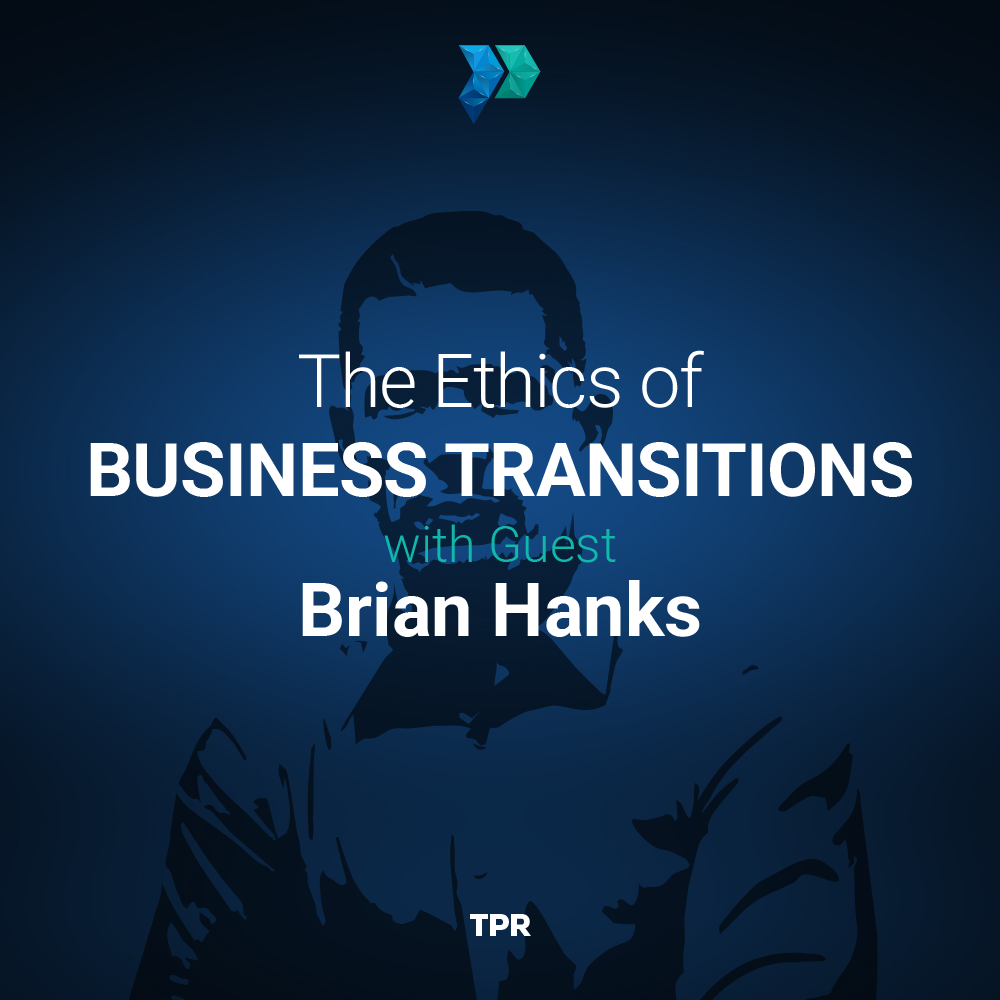What You'll Learn In Today's Episode:
- Finding your true north and aligning your decisions with your core values is crucial for success.
- Building resilience and developing strategies to manage emotions can help you navigate challenges and obstacles.
- Authenticity, autonomy, and better leadership are key predictors of success.
- Delivering massive value and creating an incredible client experience leads to referrals and sustainable growth.
- Documenting processes and building systems is essential for scaling your business and transitioning to the enterprise stage.
In this episode, Amber recaps two insightful discussions into the heart of success for financial advisors. Monday’s conversation featured Dr. Andy Garrett, a licensed clinical psychologist, who joined Matt to explore the often-overlooked internal aspects of achievement. Dr. Andy shared his expertise on reconnecting individuals with their core values and identity. This reconnection, he explained, is key to enhancing both professional and personal performance. A highlight of the discussion was Dr. Garrett’s introduction of the “true north” concept, a powerful tool designed to help advisors define their purpose and maintain stability in their careers.
The week’s insights continued from Thursday’s episode when Jamie took the helm to discuss the evolution of a financial advisor’s career towards the enterprise stage. This crucial phase marks the transition from individual success to building a sustainable, scalable practice. Jamie outlined strategies for this expansion, emphasizing the importance of bringing in and developing new advisors. She stressed that success at this level hinges on an advisor’s ability to decentralize command and empower team members, creating a robust foundation for long-term growth and success.
Resources In Today's Episode:
Read the Transcript Below:
Amber Kuhn
Hello, TPR Nation. This is Amber Kuhn, thank you for joining me on today’s Follow up Friday, where I’ll be recapping this week’s episode highlights and action items. On Monday, Matt was joined by Dr Andy Garrett, a licensed clinical psychologist who started working with successful individuals who had all the external markers of success, but who he said internally were bankrupt. So he helped these individuals reestablish their identity and find their core values, leading them to perform better at work and at home. He’s built a course that focuses on solving for identity, and this launched in March 2020, and the people who stayed in that program, who started at that time ended up thriving during such an uncertain time. Matt and Dr Andy spent some time talking about successful people who reached whatever dollar amount they thought was the top of the mountain and expected everything they needed would be at that point, only to find out that it wasn’t. Dr Andy talked about the term true north, which helps you to find your purpose and remain stable. This is different from how most people live their lives, where they’re constantly reacting. Dr Andy said there’s a resilience piece, which is a part of finding your true north. You have to accept that there are going to be struggles and obstacles, but that it’s the emotional reaction that will get you in the biggest trouble. He talked about how there’s this space where your capacity for growth and freedom exists, but that normally people just give this space away because of their emotions. So if you have resilience strategies in place when certain emotions are triggered, you can recognize what’s happening and use certain tools to find ways to pivot out of what you’re feeling and into that growth response. Dr Andy talked about how issues like authenticity, autonomy and better leadership are great predictors of success. They have a lot to do with their character, and when you get clear on that, you can remain consistent with your guiding principles, and this ultimately helps you need to make fewer decisions which that can really drain a lot of your emotional energy. You can have criteria with your core values to help with this, and when you make decisions that consistently align with your core values, you become a powerful decision maker. He talked about how the strongest state you can be in is authenticity when you’re demonstrating or saying things that you know to be true and are fueled by belief and conviction. That is power. If you don’t believe things, you can’t just think it into existence, and people know when you’re lying. An example he had not talked about was fee increases. If you don’t believe that you’re worth the value you provide, clients will feel that Dr Andy recommends creating value boards, affirmations and vision boards around your core values and guiding principles, which he said our powers in guiding you to greater success. Dr Andy and Matt talked about some examples of affirmations and how sometimes just simple changes in the words you use or how you use them, or making them an action statement can strengthen your conviction for guiding principles. He recommends people do these in a form of a question, but when it comes to a team, provide them with four or five questions they can ask that will enable them to consistently make great decisions and operate with a high level of ethical integrity. They’ll perform near the highest of their potential. Dr Andy said that trusting yourself is the basis for getting into flow state on a consistent basis and feeling secure within yourself. Having that insecurity can lead to bad decisions, both in the workplace and at home as well. Let’s get into action items operating authentically, developing resilient strategies and being agile and being resilient are the most important high level skills to maximize your success over the next 10 years. To find an assessment to help you examine your values, use up relationships that are getting better and better every day. And if it weren’t easy, everyone would do it, and nobody would get paid. AEG slash thrive.com to learn more about Dr Andy his assessments, courses and training for individuals, corporations and even teams. On Thursday, Jamie was diving into the third stage of advisors career the last couple of weeks, Jamie talked about the third stage, where you are earning the revenue you want and you don’t have the number of clients that you want, you should be completely focused on growth. You should be focused on marketing development, introducing yourself to new leads and prospects and richly enhancing your client delivery. Jamie talked more about the importance of creating an incredible client experience, because that leads to referrals, and even with those referrals, if it turns out that someone isn’t the right fit for you, for whatever reason, you still want to deliver massive value to them. You want anyone you meet with to lead as a raving fan of your professionalism. Once you have the number of clients you want and the revenue you want, you’ll still continue to grow. You’ll then reach that freedom stage you have to be committed to the discipline and climate gets you to the place where you can take time off. At this stage, you need to be focused on systems, policies and processes. You need to be able to document the things that you do and the things you’ve learned. Going from freedom to enterprise means building a practice that’s going to be sustainable beyond your existence. So as you build out an enterprise office, you may have more clients than you have time to work with. So you’re going to need to bring someone in. It becomes your choice whether you want to transition some of those clients to them in Jamie’s office, one of the good things they do with their protege or junior advisors is constantly feeding them leave, because when someone joins, they just don’t know how to do this themselves. But they try to impart the discipline and lessons to the advisors on how to develop marketing, why content matters and why delivering massive value is important, even if the person you’re meeting with isn’t an ideal client. So at the enterprise level, you’re bringing on more advisors and team members, and it’s tricky, because you need to decentralize command and make yourself replaceable after you’ve spent so many years making yourself irreplaceable, you need to empower others and how remember that during your freedom stage, you’re focused on documenting processes in an enterprise. You’re putting more knowledge and training into your learning management system, and the better you make your team, the less important it is to have one single person running the organization. So with that enterprise stage, your core focus is to decentralize command and impact as many heartbeats as possible. That wraps up this week’s recap so TPR Nation, if you’re looking for more resources, or if you have a question, be sure to email us at lifestyle@theperfectia.com. Thank you for joining me, and please share this or any of our episodes with another advisor or team member who you think might benefit from listening. And be sure to subscribe to The Perfect RIA podcast so you don’t miss an episode until next time. Happy planning.








